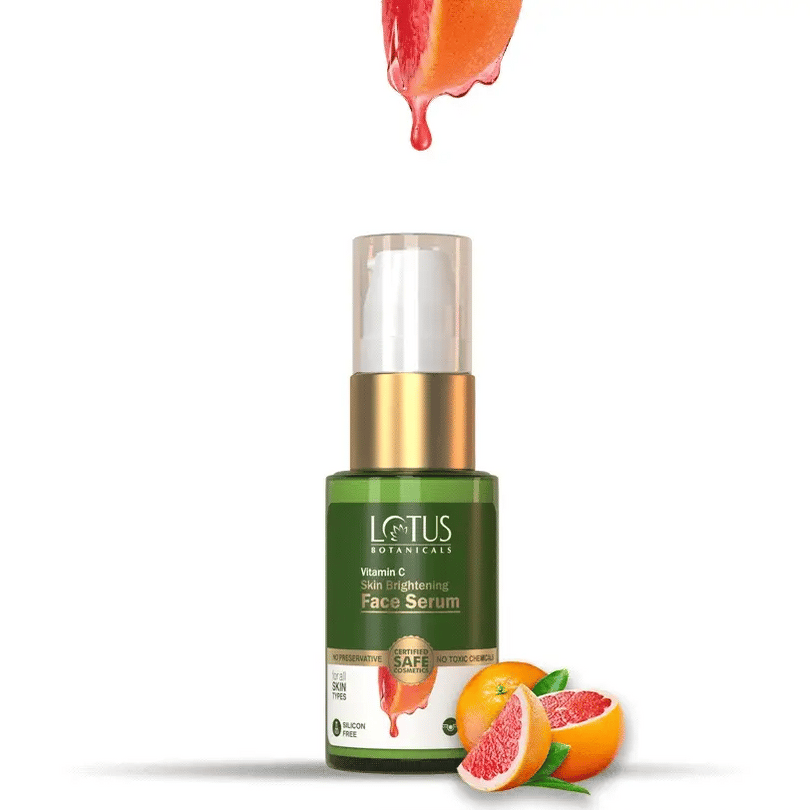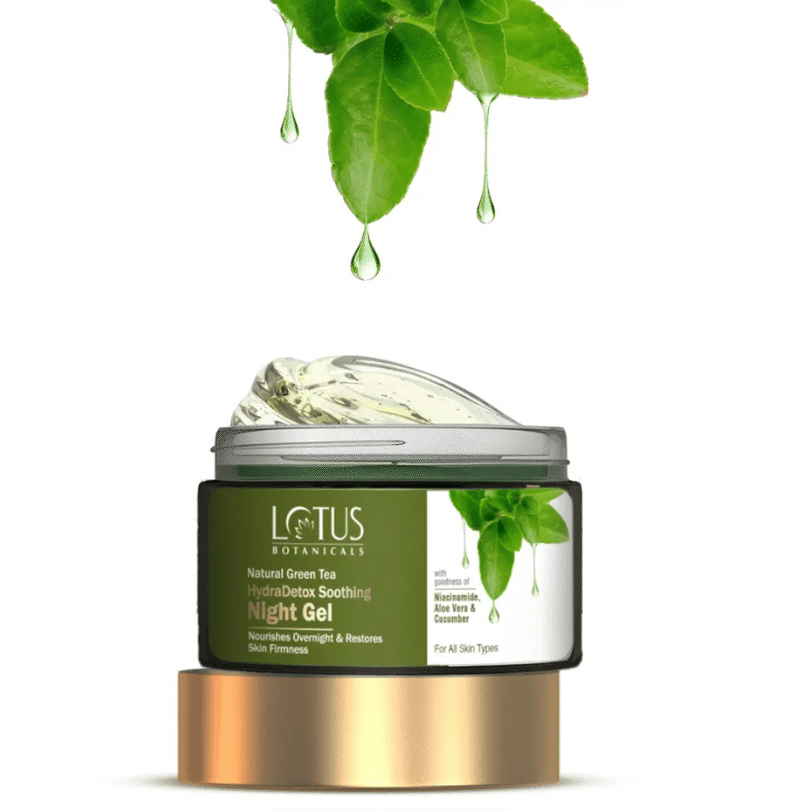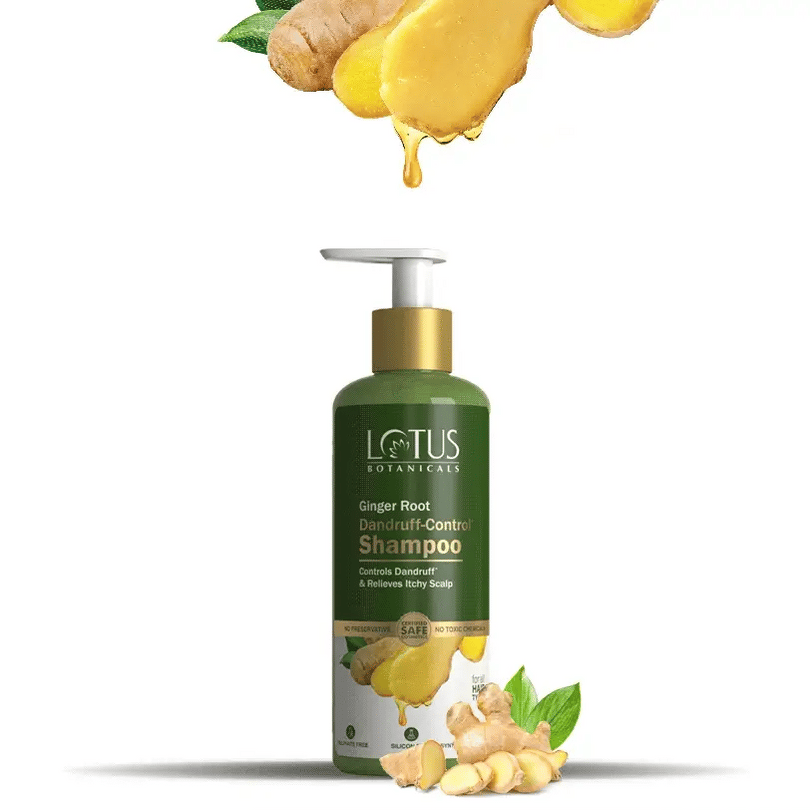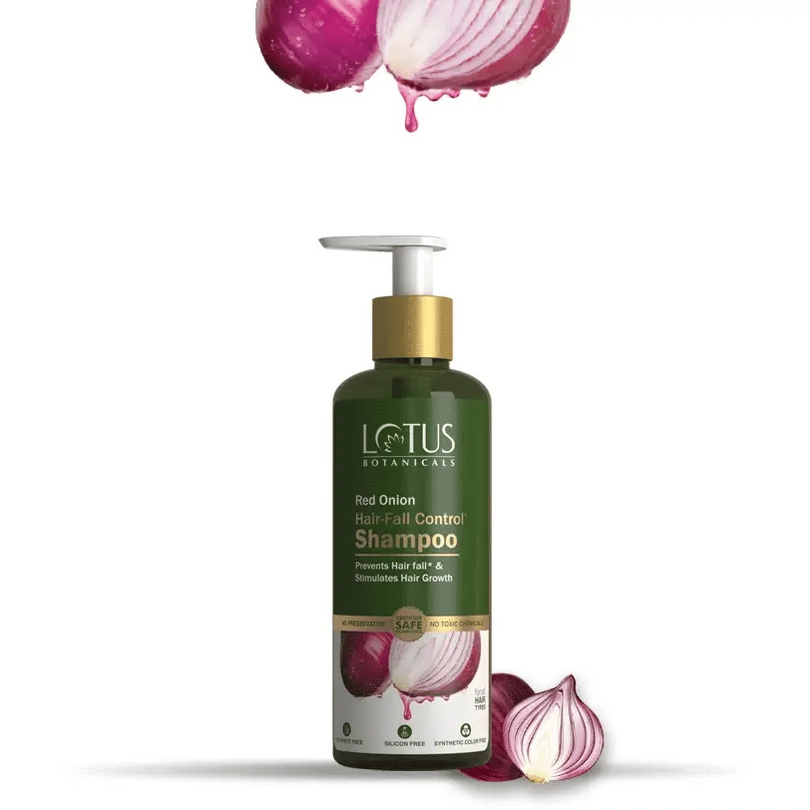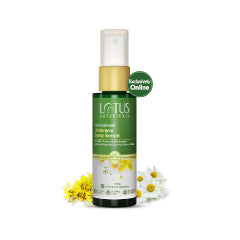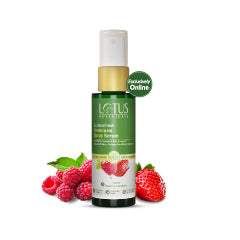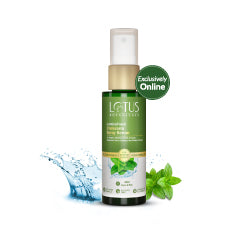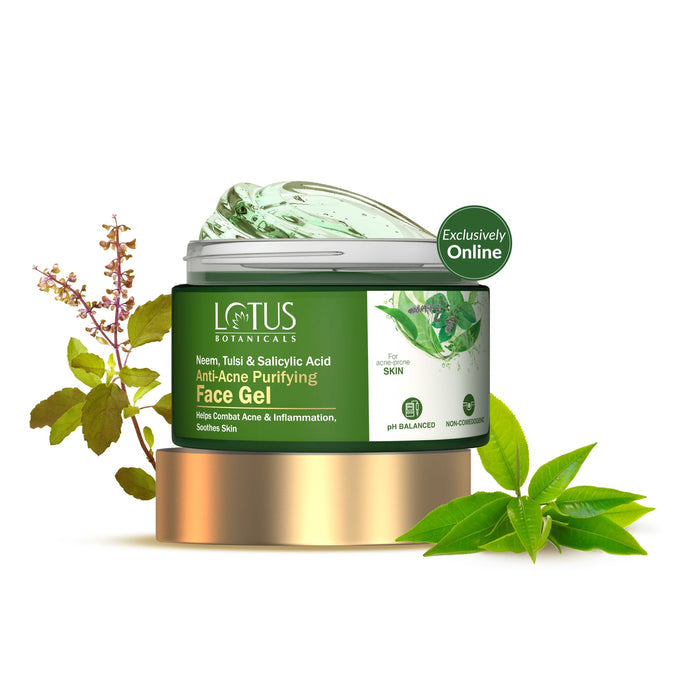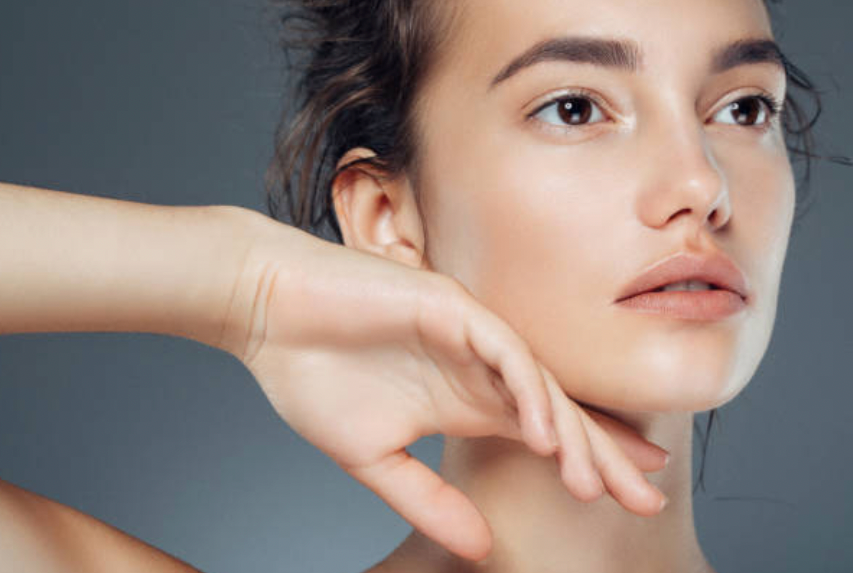
Highlights
-
What is sensitive skin?
-
How to detect if you have sensitive skin
-
5-Step Sensitive Skin Beauty Routine
-
Conclusion

Are signs like redness, bumps, dry patches and breakouts a perennial problem for your skin? You might be having sensitive skin. If your skin starts reacting to the smallest of things you need a skincare regimen for sensitive skin to take care of your skin. A sensitive skin beauty routine can help you minimize symptoms of irritation and help the skin to stay nourished.
What is sensitive skin?
Sensitive skin is that skin type which can be unpredictable. Sensitive skin can have hyper-reactivity to environmental factors like pollution, and dust or can also react to certain ingredients. This skin type is hard to detect and many lifestyle choices can cause sensitive skin reactions like unhealthy eating habits, allergies etc. The irritants causing reactions on sensitive skin can also vary from person to person. You can experience sensitivity in your skin at any age even if you have had normal skin in the past.
How to detect if you have sensitive skin

Sensitive skin might have different symptoms and sometimes it gets difficult to assess. However, here are some of the tell-tale signs of sensitive skin.
- Experiencing red or blotchy skin when exposed to sunlight or pollution
- Burning sensation in skin
- Extreme dryness with cracks or blisters on skin
- Stubborn redness and inflammation on skin
- Hard leathery feeling on different patches
Building a proper skincare regimen for sensitive skin becomes essential to reduce these symptoms and maintaining healthy skin.
5-Step Sensitive Skin Beauty Routine

If you suspect you have sensitive skin, first look at the ingredients in the products you are using. Chemicals in beauty and makeup products can also aggravate reactions in sensitive skin. Let’s take a look at how to build a 5 step daily sensitive skincare routine that will prevent inflammation or redness and give you healthier skin.
#1 Cleanse with a gentle Face wash
A gentle face wash can gently clean the skin without irritating your sensitive skin. If you have sensitive skin avoid using cleansing brushes or washcloths as they can further irritate the skin. Use your fingers to massage the face wash instead. Overdoing washing the face can result in excessive dryness. It is vital to keep in mind that your cleanser is free of any chemicals or artificial fragrances as these components can cause irritation and rashes.
Use a face wash with baking soda or green tea face wash that can calm irritated skin and clean your skin without stripping off the natural moisture of skin.
#2 Use an alcohol-free toner
After cleansing use a toner or a face mist to get rid of any dirt or excess sebum on the face. A toner will also help you to open clogged pores and minimise the size of the pores. However, refrain from toners with alcohol in them. Alcohol-based toners can be harsh on your face and cause unwanted dryness, acne and redness.
Include Lotus green tea face mist in your sensitive skin beauty routine to rejuvenate your skin and boost your glow. This is a gentle face toner that suits all skin types.
#3 Serum
Serums are a good addition to a sensitive skin beauty routine, as they can target specific concerns like dryness, dark spots, acne and more. A skincare regimen for sensitive skin can use any safe face serum like Vitamin C serum in lower concentrate, hyaluronic serum or niacinamide serum.
You can include Lotus Hyaluronic acid serum and raspberry serum or salicylic acid tea tree serum in your face care regimen for sensitive skin. These serums can boost moisture levels and reduce the appearance of redness.
#4 Moisturise
Moisturising is one of the most important steps of a sensitive skin beauty routine. People with oily skin or sensitive skin with acne often skip this step, but it is an essential step to hydrate the skin and create a protective barrier. Use a gentle oil-free moisturiser after you have applied the serum. Look for gel-based moisturisers that are lightweight and non-sticky. Avoid any beauty product that contains alcohol, parabens, fragrances or preservatives.
You can include Lotus Vitamin C Skin Brightening Face Moisturiser in your skincare routine for sensitive skin because not only it is intensely hydrating, it can reduce spots too. You can also use a green tea soothing gel that can hydrate the skin and fight acne.
#4 Protect your skin from Sun damage
No matter your skin type, sun damage is bad for the skin. Protect your skin with sunscreen every time you step out during the day. Use matte sunscreen with Vitamin C to create a protective shield on your face and other exposed parts of the body. It not only protects from the sun’s UV rays it can prevent skin cancer too.
You can include Lotus Vitamin C sunscreen in your sensitive skin beauty routine because it keeps your skin nourished while protecting it from UV damage.
Conclusion
If you have sensitive skin, try to stick to skincare products without any artificial fragrance or alcohol. Artificial fragrances may trigger skin reactions and alcohol might dry out the skin. If you follow this 5-step skincare regimen for sensitive skin correctly and diligently, you can reduce risks of breakouts and inflammation or redness. Always remember, being consistent with your sensitive skin beauty routine is the key to getting healthy radiant skin.
Frequently Asked Questions (FAQs) About Sensitive Skin
What is the best skin routine for sensitive skin?
Sensitive skin requires a skincare routine that aims at cleansing and protecting. Follow this simple sensitive skin beauty routine for healthy glowing skin.
- Clean your face with a gentle face wash
- Tone your face to calm it down
- Moisturise the skin with a serum and moisturiser
- Protect your skin with sunscreen.
How do you make a skincare routine for sensitive skin?
While making a skincare regimen for sensitive skin you must take care of the ingredients you are including. Choose skin care products that do not contain harsh ingredients or fragrances. Whenever possible, choose products that are free of parabens, sulphates, artificial fragrances and alcohol, because these chemicals can irritate or dry out the skin.
Do and don'ts for sensitive skin?
Here are some dos and don’ts to follow if you have sensitive skin.
|
Dos For Sensitive Skin |
Don’ts For Sensitive Skin |
|
Use oil-free skincare products |
Don’t pick pimples, they will lead to infections |
|
Use chemical-free skincare products |
Don’t overwash your skin with face wash |
|
Use antioxidant-rich serum |
Avoid hot water showers |
|
Use an oil–free moisturiser |
Take care of personal hygiene |
|
Apply sunscreen whenever you step out |
Don’t smoke, it is bad for your skin too |
|
Drink water to hydrate skin |
Don’t use very heavy foundation if you are applying makeup |
|
Clean your makeup brushes often |
Don’t scrub every day |
What are the 5 signs of sensitive skin?
Some of the common symptoms of sensitive skin are redness on the skin, swollen or itchy skin, rashes of hives, extremely dry skin with cracks or blisters, patches of skin that feel dry and leathery or skin that feel a burning sensation. Building a skincare regimen for sensitive skin becomes important to tackle these skin issues of sensitive skin.
Should I use serums if I have sensitive skin?
Using a face serum is good if you have sensitive skin because serums can provide intense hydration to the skin. Safe serums that can be included in the skincare regimen for sensitive skin are Vitamin C serum, Niacinamide serum, and Hyaluronic acid serum.
Is vitamin C OK for sensitive skin?
Vitamin C serum is a safe serum even for sensitive skin. However, a lower concentration works best for a sensitive skin beauty routine.
Is hyaluronic acid OK for sensitive skin?
Hyaluronic acid face serum is also a safe serum for sensitive skin even if you are prone to breakouts. Use certified safe cosmetics with vegan ingredients.
Read More:
Red Onion Hair Care Regimen for Hairfall
Skin Care Routine with Natural Products
Highlights
-
What is sensitive skin?
-
How to detect if you have sensitive skin
-
5-Step Sensitive Skin Beauty Routine
-
Conclusion







